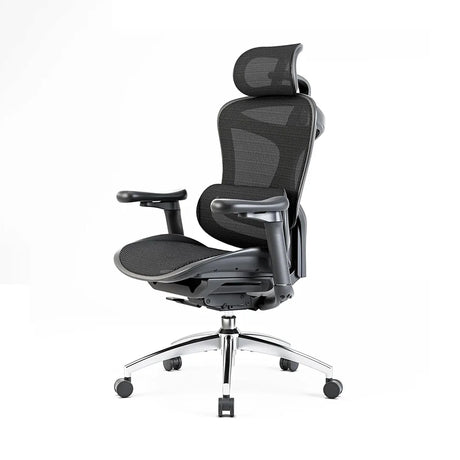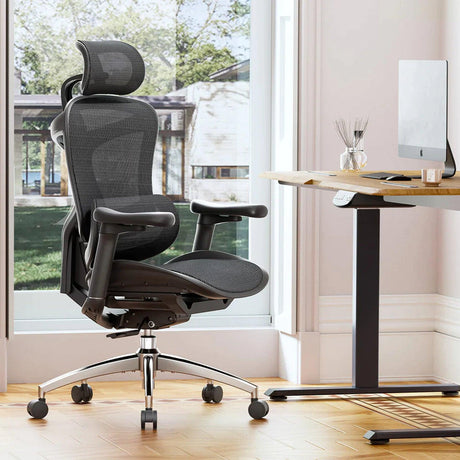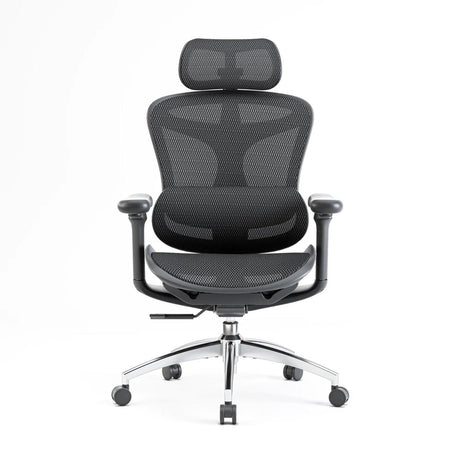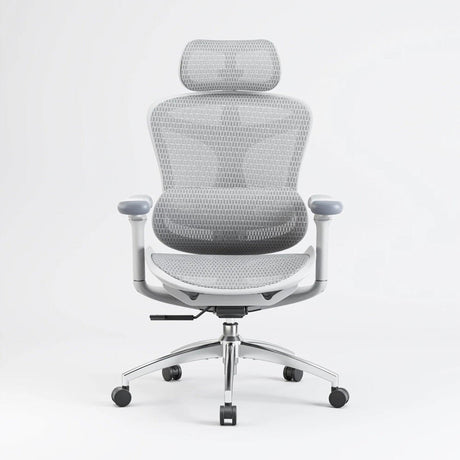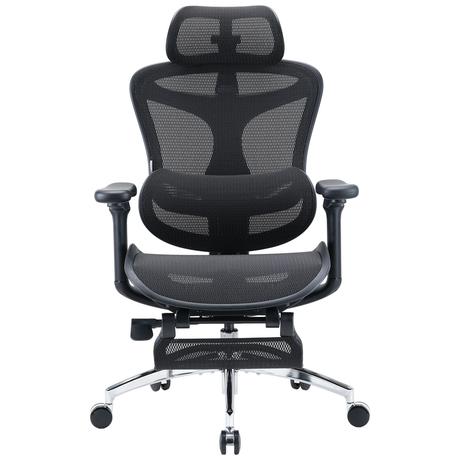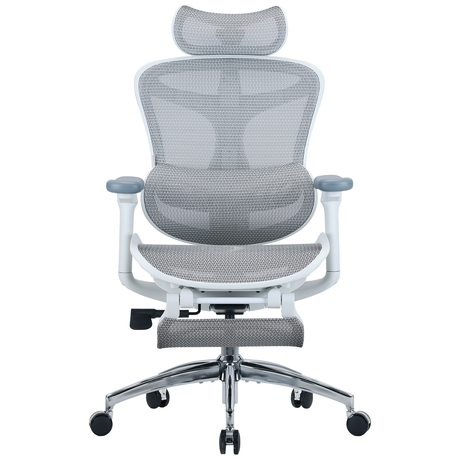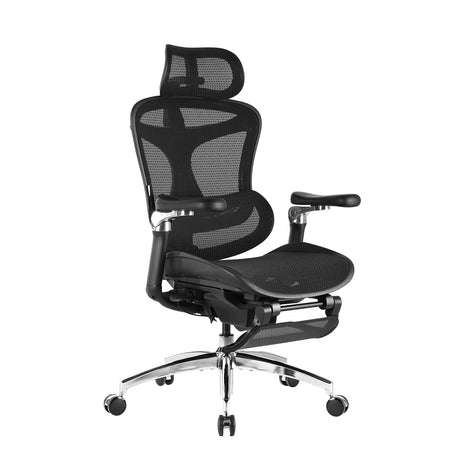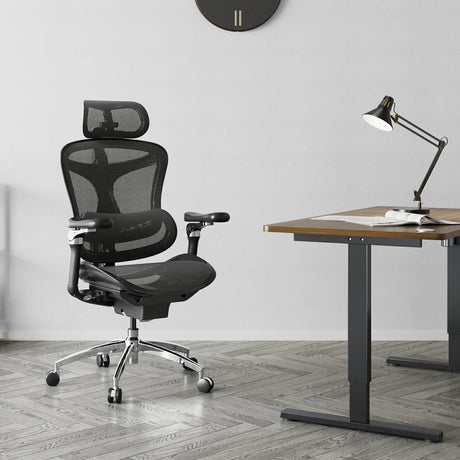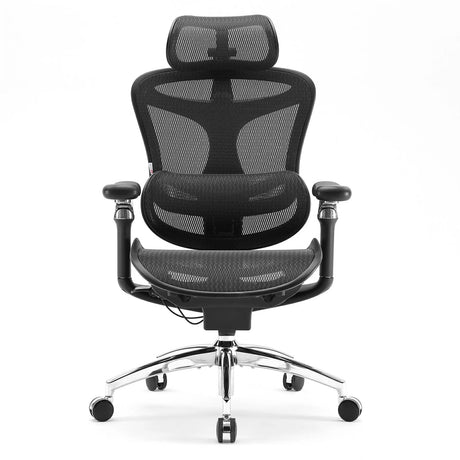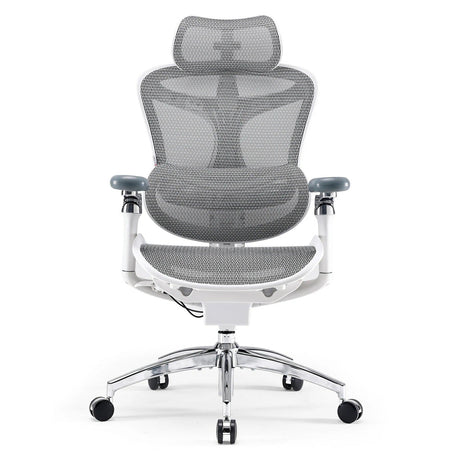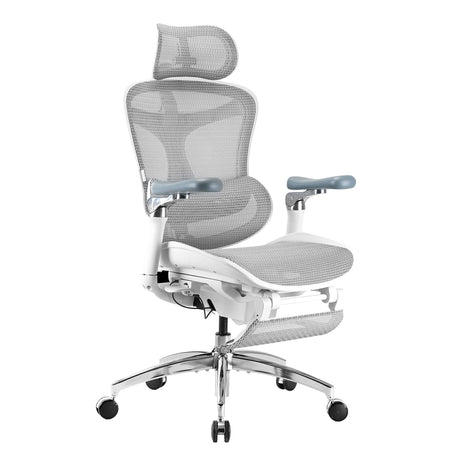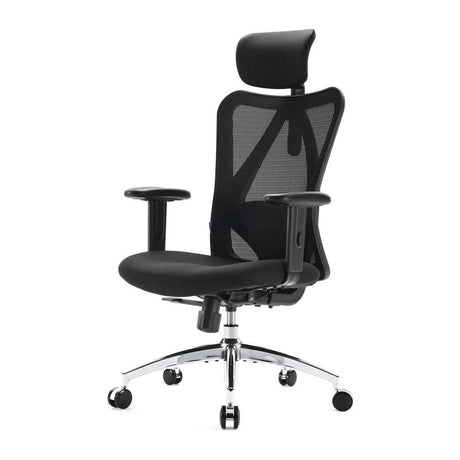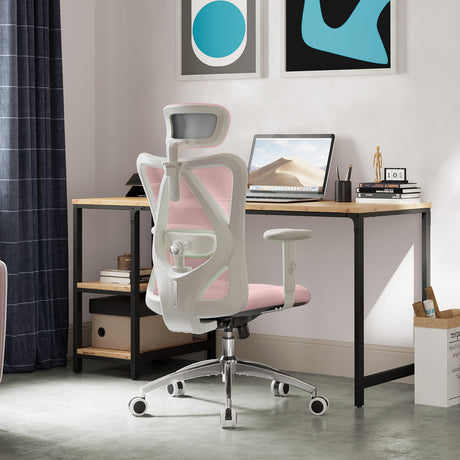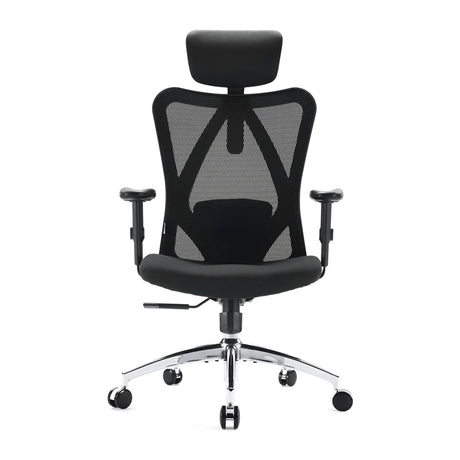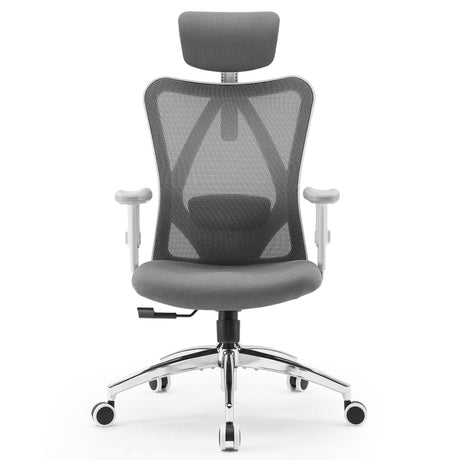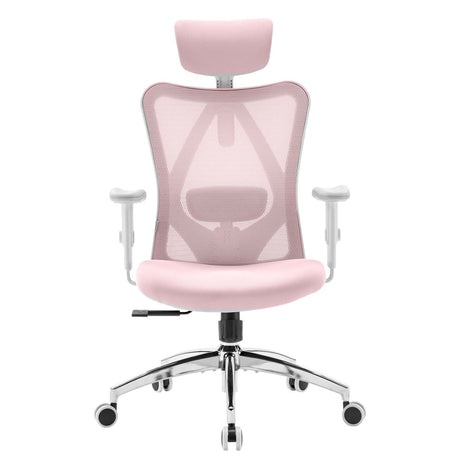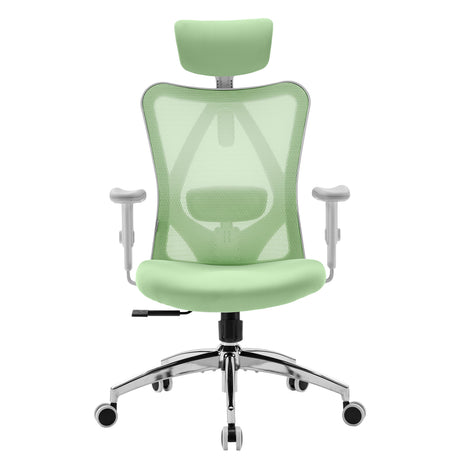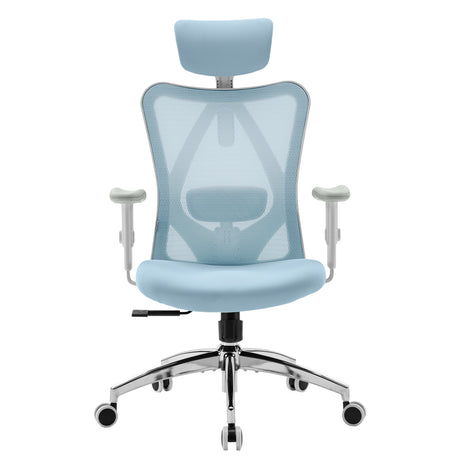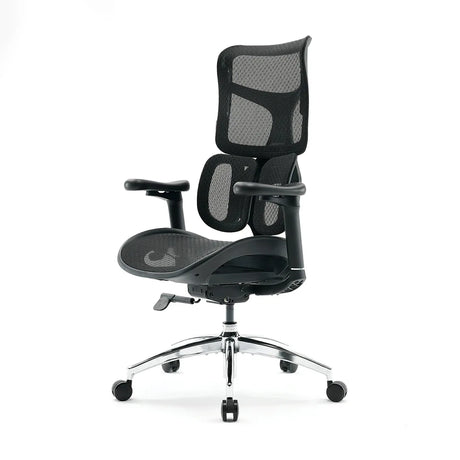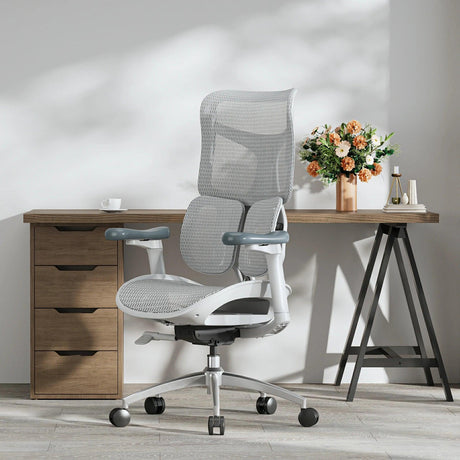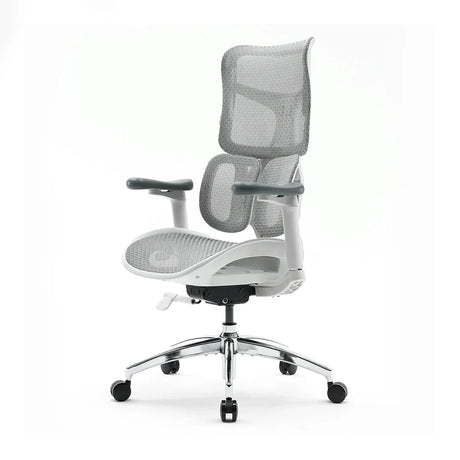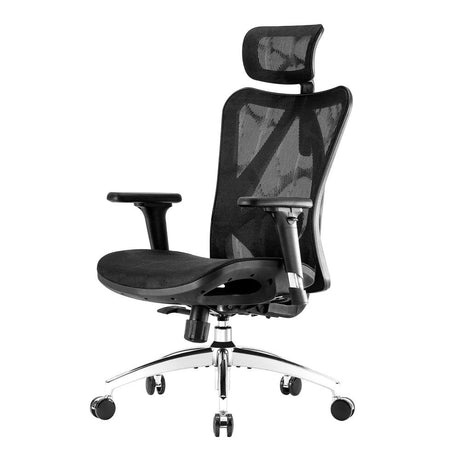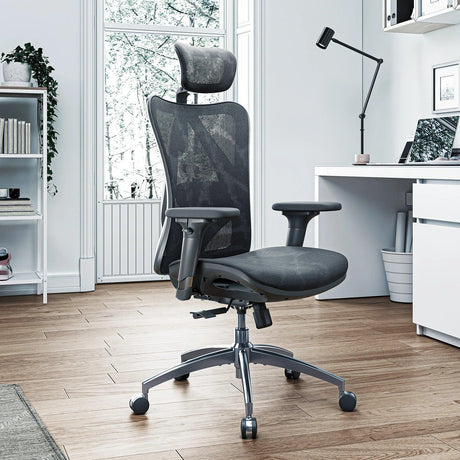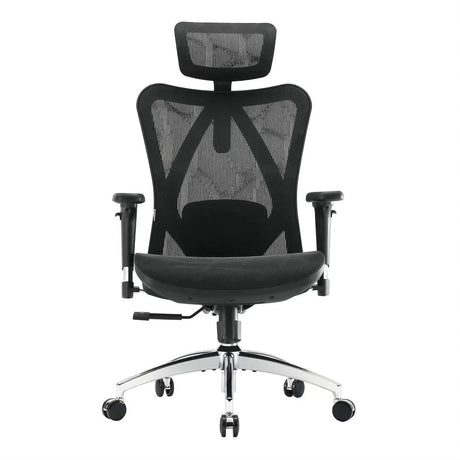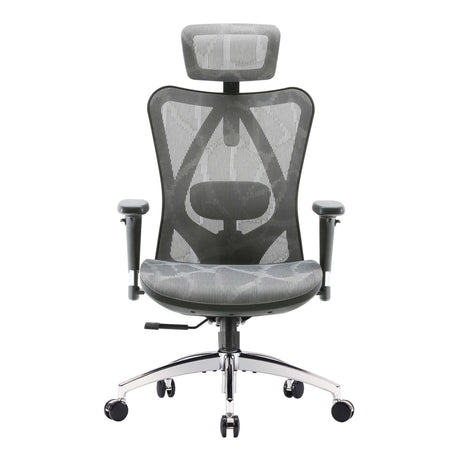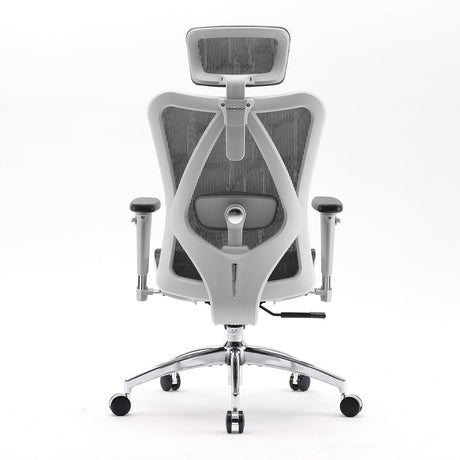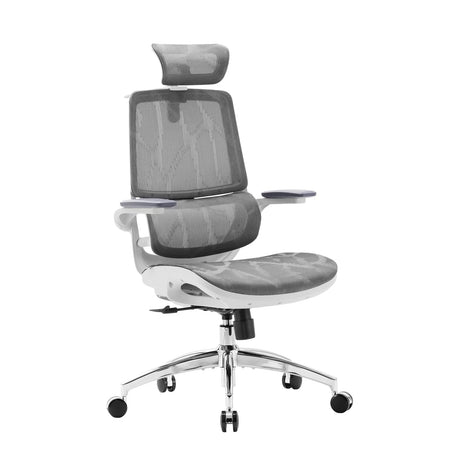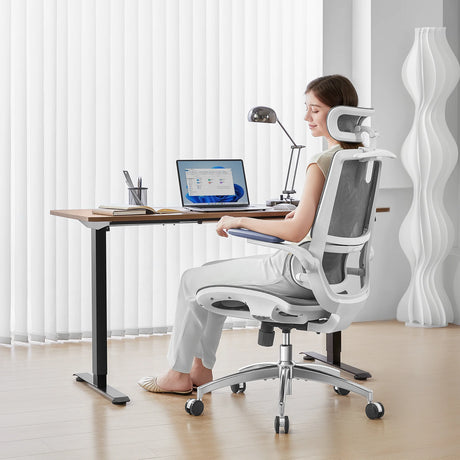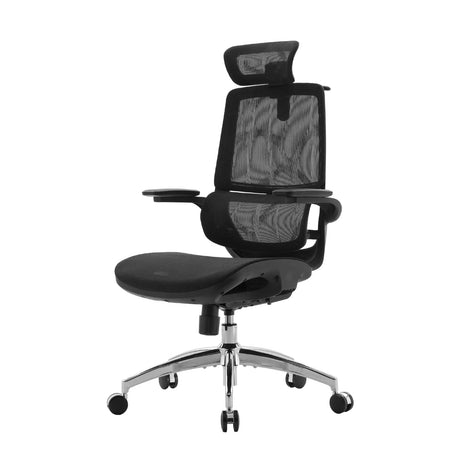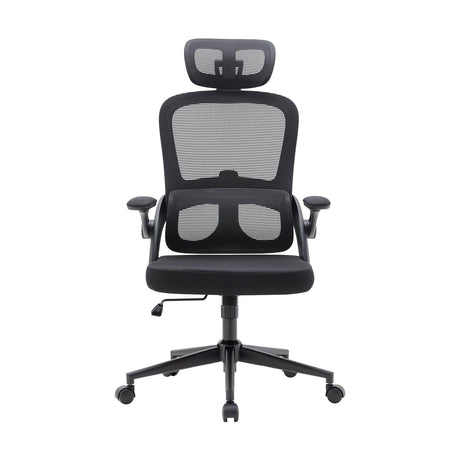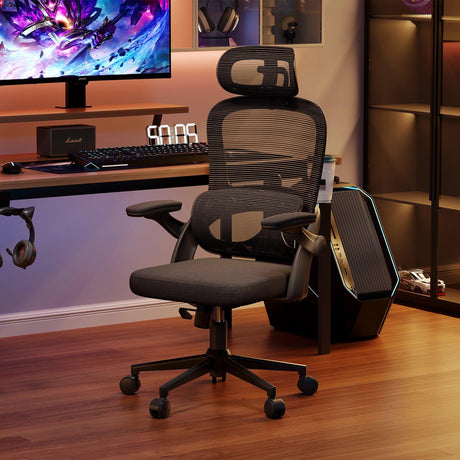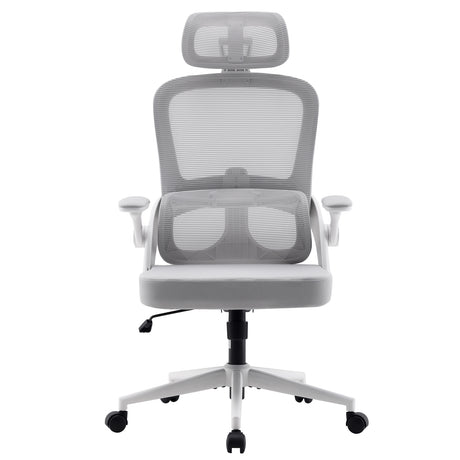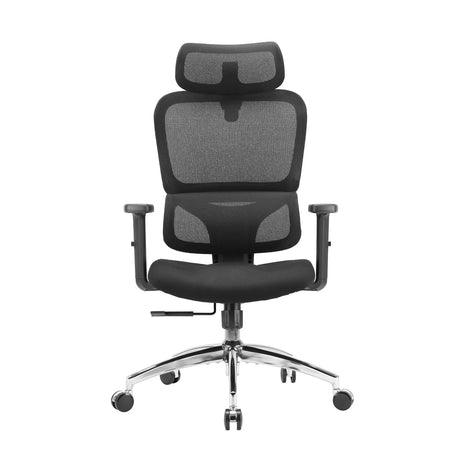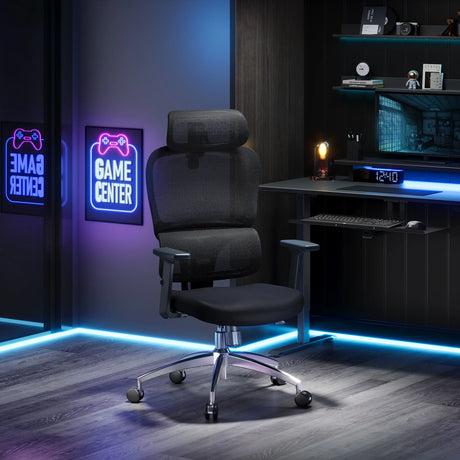In recent years, the popularity of gaming chairs has skyrocketed, with gamers and content creators alike showcasing these sleek, ergonomic chairs in their setups. However, a growing number of voices have emerged, claiming that gaming chairs are bad for your health. In this article, we'll delve into the criticisms surrounding gaming chairs, separating fact from fiction to help you make an informed decision about your gaming setup.
The Rise of Gaming Chairs
Gaming chairs have become synonymous with the gaming culture, evolving from basic office chairs to specialized ergonomic designs. Inspired by racing car seats, these chairs often feature adjustable armrests, lumbar support pillows, reclining capabilities, and vibrant designs, aiming to provide comfort during long gaming sessions.
Ergonomics and Back Pain
One of the primary criticisms of gaming chairs is their impact on posture and back health. Detractors argue that the bucket seat design, while aesthetically pleasing, can contribute to poor posture, leading to discomfort and potential health issues. It is essential to consider that prolonged periods of sitting, regardless of the chair type, can negatively impact your spine.
To counter this issue, many gaming chairs are designed with ergonomic features such as adjustable lumbar support and reclining functions. However, proper usage and regular breaks remain crucial to mitigating the risks associated with extended sitting.
Quality and Construction
Another concern raised by critics revolves around the build quality of gaming chairs. Some argue that many affordable gaming chairs prioritize style over substance, resulting in poor durability and uncomfortable sitting experiences. To address this, consumers should research and invest in high-quality gaming chairs from reputable manufacturers that prioritize comfort and durability.
Misuse and Exaggeration
Part of the negative perception surrounding gaming chairs may stem from misuse or exaggerated claims. Some users may not properly adjust their chairs to suit their body type, leading to discomfort and potential health issues. Additionally, sensationalized stories on social media platforms can contribute to the belief that gaming chairs are universally harmful, when in reality, proper usage and moderation are key.
Alternatives and Ergonomic Options
For those still skeptical about gaming chairs, there are alternative seating options to consider. Traditional ergonomic office chairs and even standing desks provide viable alternatives that prioritize back health. Each option has its own set of pros and cons, and the choice ultimately depends on individual preferences and needs.
Real-World Experiences
To provide a balanced perspective, it's essential to consider the experiences of real users. While some may have negative experiences with gaming chairs, many users report improved comfort and support during their gaming sessions. Personal preferences play a significant role, and what works for one person may not work for another.
Tips for Healthy Gaming
Regardless of the chair you choose, maintaining a healthy gaming routine is paramount. Incorporating regular breaks, stretching exercises, and maintaining good posture are essential practices to minimize the potential negative effects of prolonged sitting.
Conclusion
In conclusion, the question of whether gaming chairs are bad for you lacks a one-size-fits-all answer. Like any piece of furniture, proper usage, and moderation are key. While some criticisms are valid, the ergonomic features and design innovations in gaming chairs can provide a comfortable and supportive gaming experience when used correctly.
Ultimately, individuals should prioritize their health and well-being, exploring various seating options and adopting healthy gaming habits. By understanding the potential drawbacks and benefits of gaming chairs, consumers can make informed decisions that align with their preferences and lifestyle.

